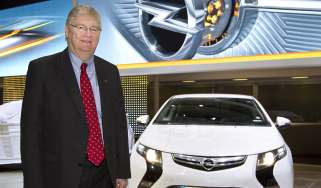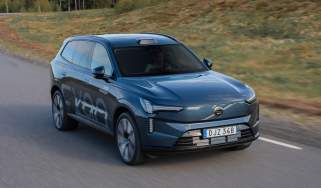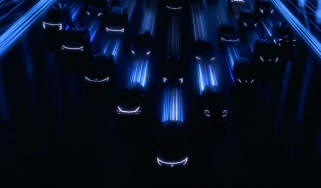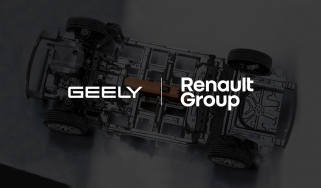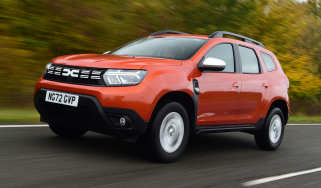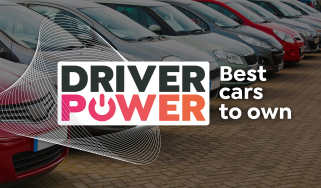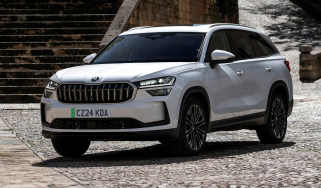“Reports of the death of the internal combustion engine are wildly exaggerated”
Andy Palmer thinks that the internal combustion engine, in partnership with e-fuels, still has a big role to play if the application is right
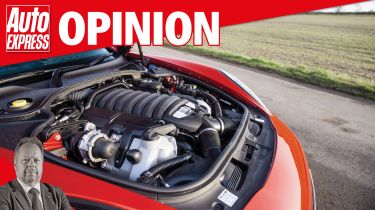
When Mark Twain read his mistakenly published obituary, he quipped: “Reports of my death are greatly exaggerated”. A century later and the internal combustion engine could very well echo this sentiment, finding itself in a similar position of being prematurely written off.
Since I launched the world’s first mass-market electric vehicle, the Nissan Leaf, in 2010, a dominant narrative has emerged, suggesting the demise of the internal combustion engine is nigh. While I have no doubt that electric vehicles will become the dominant mode of transport for most, I am confident that our beloved internal combustion engine still has a significant role to play in our future.
The idea that the ICE is dying is myopic. It also overlooks the significant role ICEs can play in transitioning speciality vehicles (such as sports cars and HGVs) to cleaner transport, especially through the introduction of e-fuels and hydrogen.
The ICE has been a mainstay in automotive innovation for over a century. Its endurance is testament to its adaptability and the extensive global infrastructure that supports it. While I have no doubt electric vehicles will become and already are crucial for decarbonisation, they are not without downsides. And we’re seeing that reflected in the strategies of some automakers around the world.
Just as Nissan and Toyota were at the forefront of the EV revolution, today some Japanese automakers are notably placing their bets on a combination of internal combustion engines and e-fuels as a key component in the future of mainstream automotive technology. This approach stems from a pragmatic assessment of Japan's unique energy and infrastructural landscape, but I’d argue, is a misguided view of the future which will leave Japan’s roads isolated from global trends. Much in the same way we have seen with kei-cars, small vehicles designed for urban areas that haven’t caught on outside the Japanese isle.
The logical and pragmatic use of synthetic fuels will be in vintage, sports and enthusiast cars, as well as in HGVs and in off-road applications, as championed by the likes of Porsche and JCB. These applications have been deemed admissible by our neighbours in the European Union as a way of reaching net zero, but, sadly, are not being pursued by British lawmakers. A naive view, in my opinion.
The commercial and technical merits of e-fuels are plenty. E-fuels offer a higher energy density than current battery technologies, leading to longer ranges and shorter refuelling times - two limitations of EVs. Additionally, the existing fuel distribution and service infrastructure can be utilised with minimal modifications, dramatically reducing the transition costs compared to the overhaul required for EVs.
But e-fuels, just like EVs, aren’t perfect. Producing e-fuels is energy-intensive and they produce small amounts of NOx/air pollution when the exhaust gases are discharged, though improving the efficiency of this process is a key area of ongoing research. Advances in renewable energy technologies and electrolysis are reducing energy costs, making e-fuels more feasible and therefore allowing this alternative technology to challenge EVs when the viability of EVs reaches the edges of what possible and practical. This is welcome from a Darwinistic perspective, where the challenges make both EV and e-fuel species stronger in the ultimate fight for survival.
In conclusion, the narrative that the ICE is an obsolete technology, incompatible with a sustainable future, is a reductionist view that underlooks the potential of e-fuels. As we navigate the complexities of the global energy transition, exploring and investing in a range of solutions is imperative. The ICE, in partnership with e-fuels, offers a viable, efficient, and innovative path forward in our quest for cleaner transport.
They often say that technologies reach perfection just before obsolescence. Well, it’s my view that the ICE could and should be perfected further still.
What's your opinion on e-fuels? Tell us in the comments section below...



